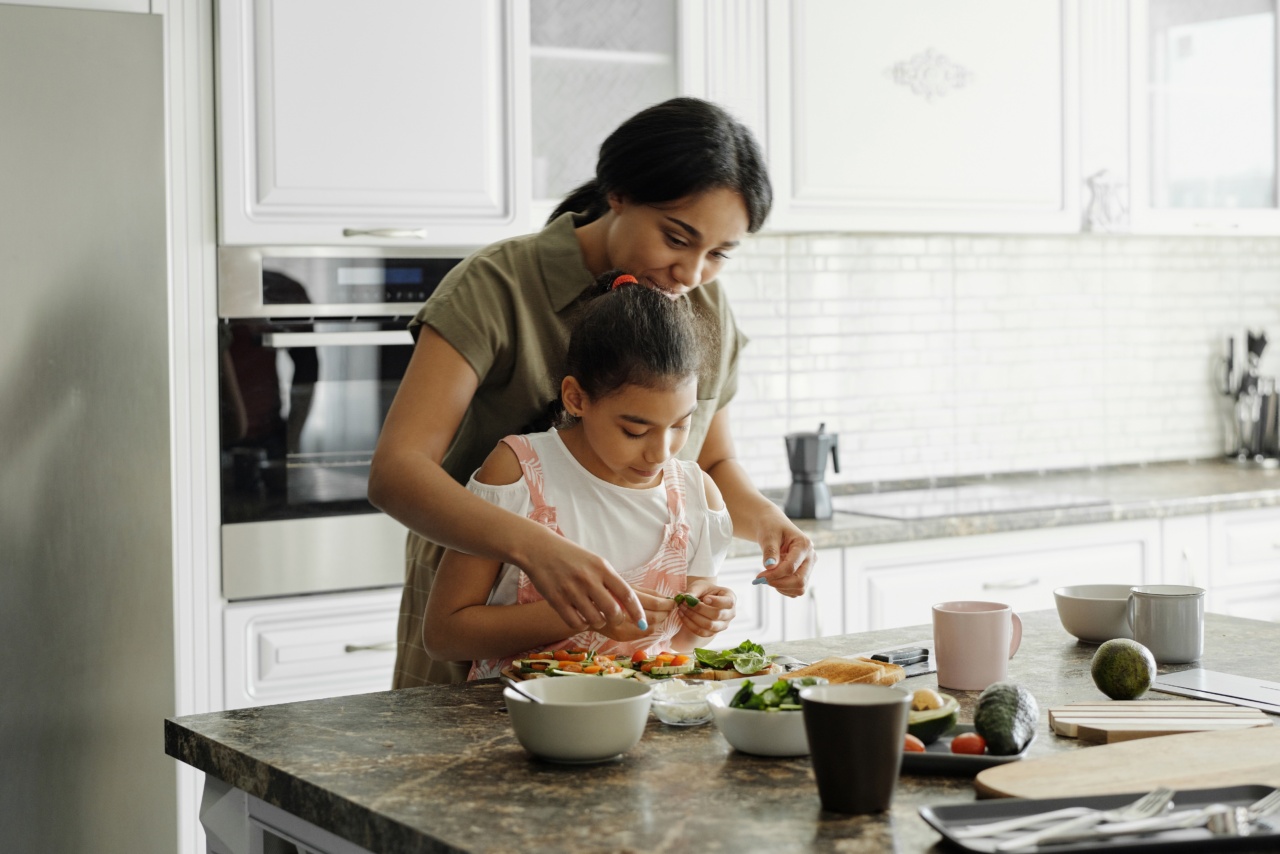One of the most common diseases that haunts us is cancer. Although genetics plays a major role in the development of cancer, diet and lifestyle also have a significant impact. Studies suggest that 30-35% of all cancers are related to dietary habits.
Therefore, a healthy diet can help reduce the risk of developing cancer. But the question is, are you eating an anti-cancer diet?.
What is an Anti-Cancer Diet?
An anti-cancer diet is a diet that is rich in nutrients and antioxidants that help protect the body against cancer. It emphasizes on foods that are high in fiber, fruits, vegetables, whole grains, legumes, nuts, and lean protein sources.
An anti-cancer diet includes the following:.
Eating a variety of vegetables and fruits
The anti-cancer diet is filled with colorful vegetables and fruits as these provide a wide range of phytochemicals, vitamins, and minerals that help protect against cancer.
Broccoli, spinach, kale, tomatoes, carrots, berries, and oranges are some of the top choices.
Choosing whole grains over refined grains
Whole grains like brown rice, quinoa, and whole-wheat bread are more nutritious than their refined counterparts. They contain more fiber, vitamins, and minerals that help prevent cancer while reducing inflammation in the body.
Refined grains like white bread, pasta, and rice have been stripped of their nutrients and contribute to inflammation in the body.
Consuming legumes
Legumes like beans, lentils, and chickpeas are rich in fiber, protein, and phytochemicals. They help in maintaining a healthy gut and improve the immune system’s functioning, which plays a crucial role in fighting cancer cells.
Eating lean protein sources
Meat consumption has been linked with increased cancer risk. Therefore, consuming lean protein sources like fish, chicken breast or turkey, tofu, and low-fat dairy products can provide the necessary protein while reducing the risk of cancer.
It’s best to avoid processed meats like bacon, sausages, and hot dogs that increase the risk of cancer.
Limiting consumption of unhealthy fats and added sugars
Fats and sugars can contribute to cancer growth, inflammation, and obesity. Therefore, limiting the intake of saturated fats, trans fats, and added sugars can reduce the risk of cancer.
Foods like margarine, butter, fried foods, and sugary drinks and snacks should be avoided.
Drinking plenty of water
Water is essential for the proper functioning of the body and can help eliminate toxins and waste products from the body. It’s recommended to drink at least eight cups of water per day to stay hydrated and flush out toxins that can lead to cancer.
Cooking methods
The way we cook our food can also contribute to cancer-causing compounds. Limiting the use of high-heat cooking methods like grilling and frying can reduce the production of carcinogenic compounds.
Using low-heat cooking methods like steaming, boiling, or sautéing can help retain the nutrients and antioxidants in the food while reducing the risk of cancer.
Maintaining a Healthy Weight
Obesity is a risk factor for many types of cancer. Maintaining a healthy weight through a balanced diet and regular physical activity can help reduce the risk of cancer.
Even if there is no significant weight loss, maintaining a healthy weight is still beneficial.
Conclusion
An anti-cancer diet does not guarantee the prevention of cancer, but a balanced and healthy diet rich in whole foods and antioxidants can help reduce the risk of cancer.
Following a healthy lifestyle with regular physical activity and avoiding tobacco and excessive alcohol can add to the benefits of an anti-cancer diet.





























